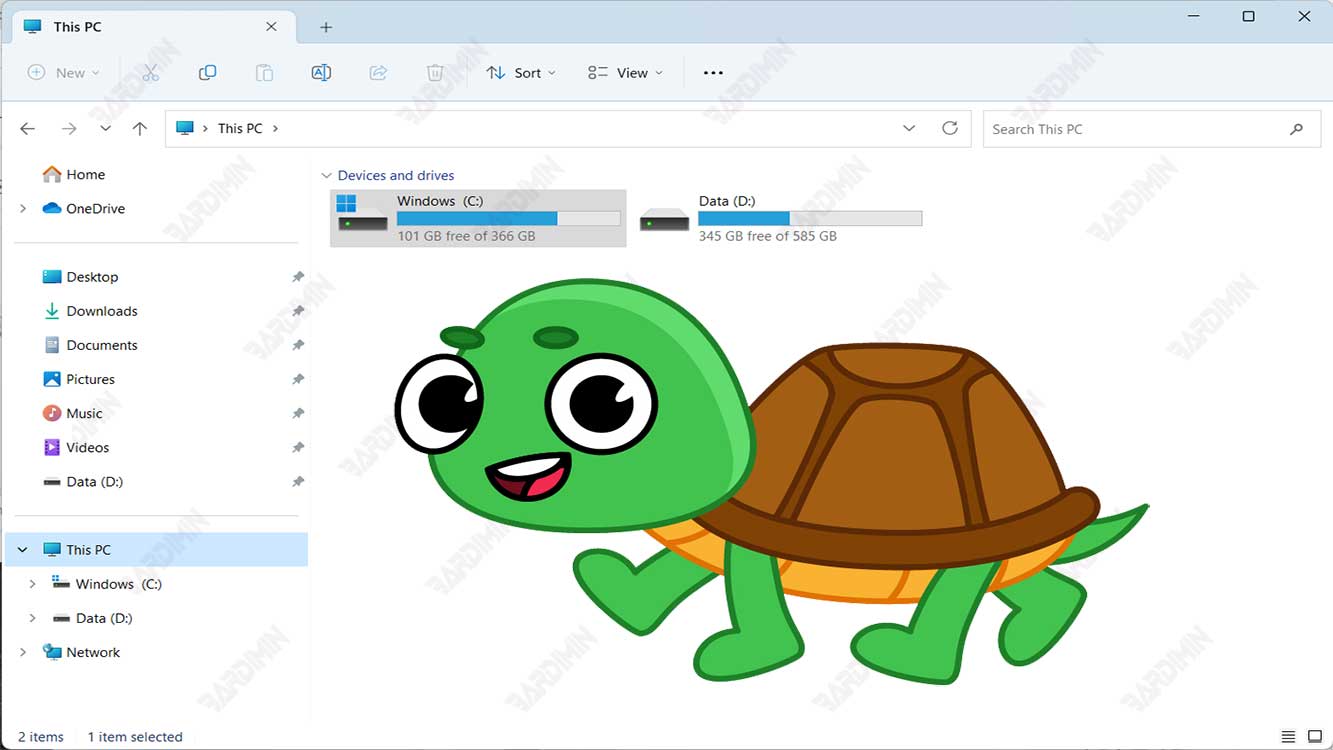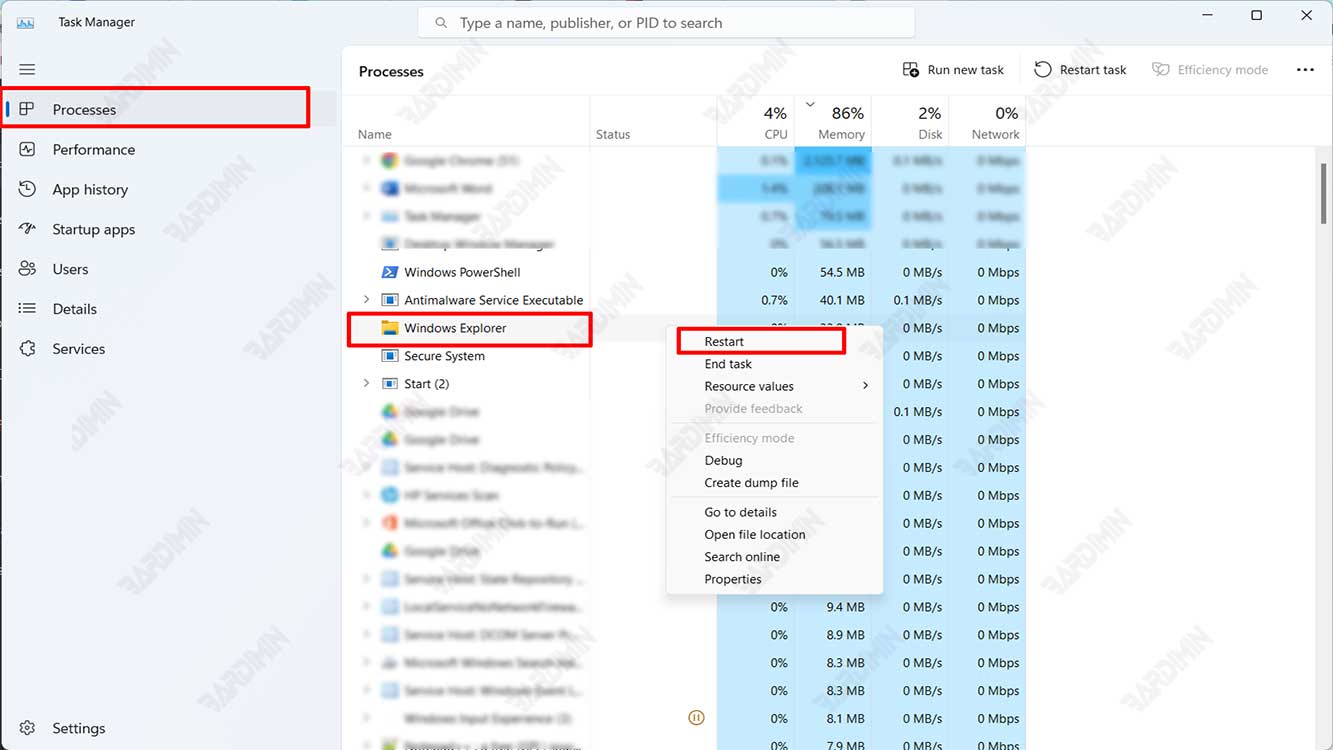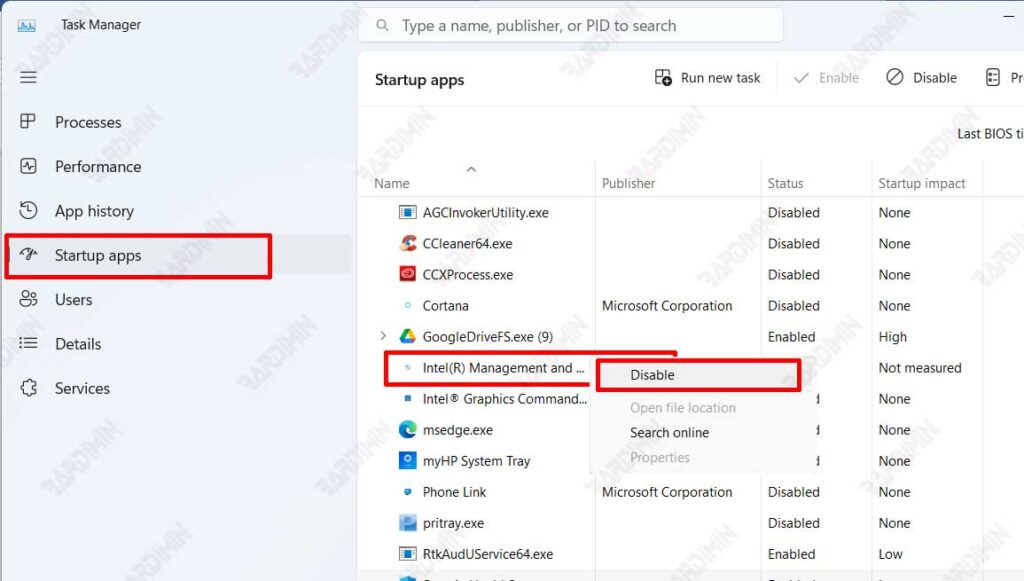Il n’est pas rare que l’Explorateur de fichiers soit lent, mais il existe heureusement quelques solutions simples pour y remédier.
L’un des programmes les plus utilisés sur un PC Windows est l’Explorateur de fichiers. Tous les utilisateurs de Windows se servent certainement souvent d’un ordinateur pour télécharger et gérer des fichiers, et l’Explorateur de fichiers est un outil qui permet de faire tout cela.
L’explorateur de fichiers existe depuis longtemps et reste l’une des applications obligatoires utilisées régulièrement par les utilisateurs de Windows. L’application Explorateur de fichiers est un outil extraordinaire, mais elle n’est pas dépourvue d’inconvénients.

L’un des problèmes les plus courants rencontrés par les utilisateurs de Windows 10 est le ralentissement du fonctionnement de l’Explorateur de fichiers. De nombreux utilisateurs de Windows 11 signalent également que l’Explorateur de fichiers fonctionne parfois lentement.
It will be very troublesome if File Explorer takes a long time to open. Even File Explorer can take up to four or five minutes to open or copy files. Sometimes the search bar in File Explorer takes too long to load your search results.
Causes du ralentissement de l’explorateur de fichiers de Windows
Here are a few things that can cause Windows File Explorer to be slow:
- Insufficient system resources. This is the main reason programs and processes slow down on the PC. You can experiment with disabling redundant programs and initial processes.
- System files are corrupted or infected with viruses. Corrupted system files can cause various effects on your PC, including slowing down File Explorer. You can repair and recover these system files by running SFC and DISM checks.
- Many applications are installed that run when the system boots. When users run too many programs on their computer, it can cause File Explorer to slow down. One thing you can do is stop background programs directly from the Task Manager.
- The system needs an update. Regular updates of the Windows operating system can fix this problem.
How to fix Windows File Explorer’s slow
If File Explorer takes a long time to open, you can make it even faster. Some of the following ways you can use to speed up File Explorer.
- Restart File Explorer.
- Disable unnecessary applications when the system boots.
- Run disk cleanup to remove junk files, cache, and temporary files.
- Run System File Checker.
- Run the search and indexing troubleshooter.
Restart File Explorer
To restart File Explorer in Windows, here are the steps:
- Press the keys (CTRL + SHIFT + ESC) at the same time to open the Task Manager.
- Select the « Processes » tab.
- Look for the process named « Windows Explorer » on the list of running processes.
- Right-click on Windows Explorer and select « Restart.
- File Explorer will restart and should run faster.

Disable unnecessary applications when the system boots
To disable unnecessary applications when the system boots, here are the steps you can perform on Windows 11:
- Press the keys (CTRL + SHIFT + ESC) at the same time to open the Task Manager.
- Select the « Startup apps » tab.
- Select the application you don’t need on the start-up list.
- Right-click the application and select the « Disabled » option to disable it. Repeat for other apps you don’t need.
- Restart the computer to view the results.

After restarting, only the necessary applications will run when the system boots, so File Explorer will run faster.
Run disk cleanup to remove junk files, cache, and temporary files
To run disk cleanup and delete junk files in Windows, here are the steps:
- Open « Disk Cleanup » from the Windows search box.
- Select the drive you want to clean.
- Disk Cleanup will calculate how much disk space can be cleaned.
- After the count is complete, check the checkboxes associated with the junk files you want to delete.
- Click the « OK » button to start the cleaning process.
Junk files such as temporary files, recycle bin files, downloaded files, and other junk files will be deleted and free up used disk space so that the system will run faster, including File Explorer.
Running System File Checker
Running System File Checker will help if any system files are damaged. The reason File Explorer is slow is that of corrupted or malfunctioning system files. Running SFC and DISM scans will help you detect and repair files.
- Open « Command Prompt (CMD) » and run it as « Administrator« .
- Type the following command and press Enter.
sfc /scannow
- Wait for the scan to complete.
- If it fails, use the following command and press Enter.
Dism /Online /Cleanup-Image /CheckHealth Dism /Online /Cleanup-Image /ScanHealth Dism /Online /Cleanup-Image /RestoreHealth
- Restart your computer.
Run the search and indexing troubleshooter
To run the search and indexing troubleshooter in Windows 11, here are the steps:
- Click the buttons (WIN + I) to open Windows Settings.
- Then navigate to « System > Troubleshoot > Other troubleshooters« .
- In the right-hand panel, search for « Search and Indexing« .
- Click the « Run » button to start.
- Follow the instructions provided by the troubleshooter to fix search and indexing issues.
The troubleshooter will fix problems with the search index and speed up the file search process, so File Explorer will run faster.


